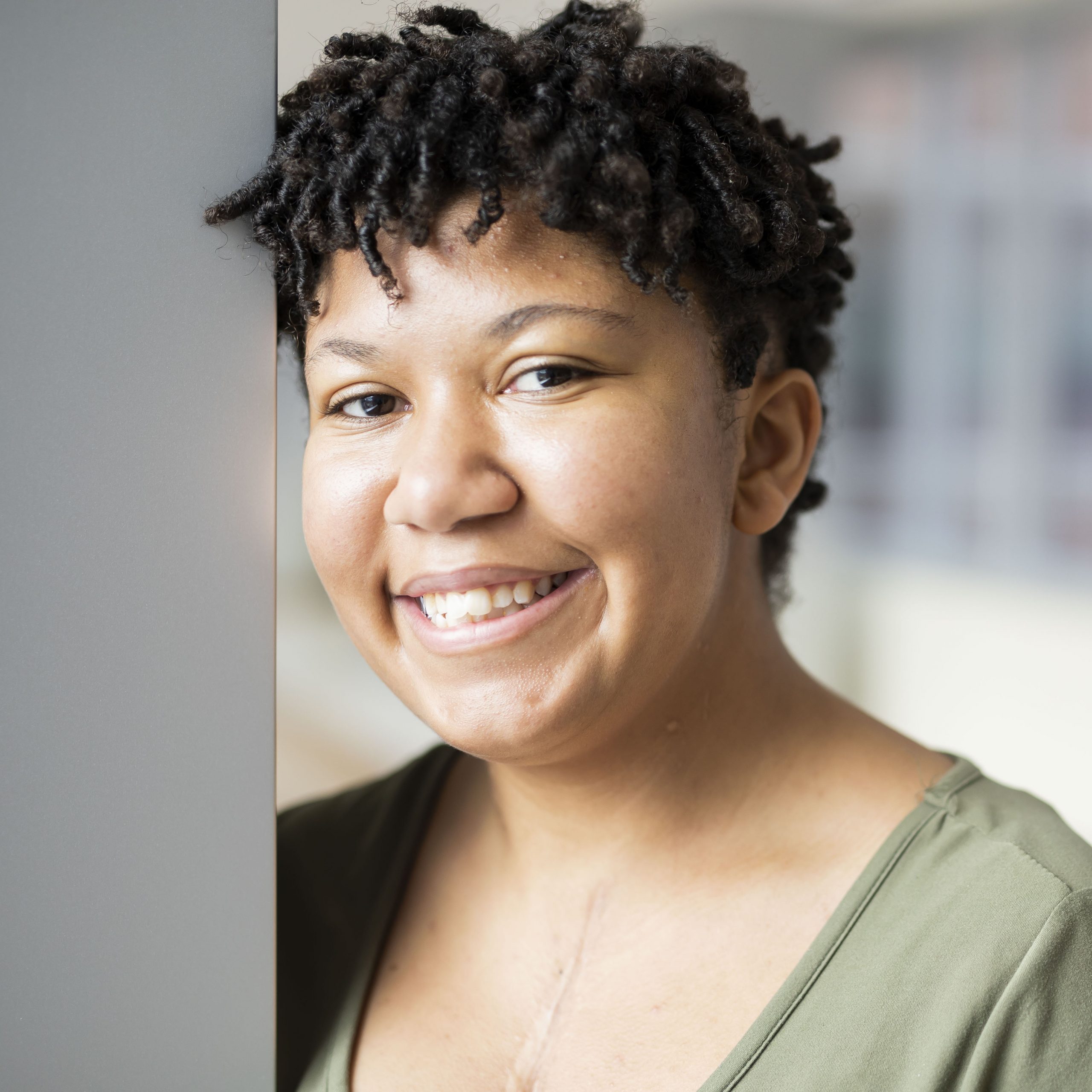What to know about neurodevelopment for children born with a heart condition.
Congenital heart disease is the most common birth defect, occurring in about one in every 110 births.
One out of every four congenital heart disease cases is considered critical. A single-ventricle defect (such as hypoplastic left heart syndrome) is an example of critical congenital heart disease.
Children with critical forms of congenital heart disease are often called “heart warriors” because of the huge obstacles they face in their young lives.
The good news: Surgeries to treat these conditions have gotten better and better over time. As a result, more of these young “heart warriors” survive into adulthood today than in past generations. Because of this, knowledge about long-term outcomes for children with congenital heart disease continues to grow.
Mild forms of congenital heart disease are not usually associated with poor development. But children born with more severe types of heart conditions can show behavioral, developmental and neurological differences over time.
Other factors, such as having a genetic syndrome along with congenital heart disease, can increase the chances that a child will have developmental problems.
“We never know how much a specific child is going to manifest in terms of neurodevelopment,” said Dr. Jamie Colombo, a cardiologist. She is the co-director of the Single Ventricle Program at Monroe Carell Jr. Children’s Hospital at Vanderbilt.
“There’s such a wide array of manifestations,” Colombo said. “In infants, hypotonia (low muscle tone) and gross motor delays are most common. In school-aged children, executive functioning difficulties — difficulty with sustained attention, planning/organizational skills and working memory — are commonly reported.”
Things that can affect neurodevelopment
Colombo notes that the following factors can increase the chances that a child will have neurodevelopmental delays:
- Having open-heart surgery in the first year of life, and especially within the first 30 days
- Being born with a cyanotic form of congenital heart disease
- Premature birth, or low birth weight (under 5 lbs)
- Known genetic abnormalities
- Long hospital stays
- Requiring mechanical ventilation either before or after surgery
- Having a cardiac arrest
- A heart transplant
- Post-operative complications, such as seizure or a stroke
“We may not know how these things will play out,” Colombo said, “but I tell parents it’s our goal to get your child to go to kindergarten. It’s our goal to get your child to thrive in a normal school environment and to go to college if they so choose. And, therefore, it’s our job to enroll them in early therapies — both during their hospital stay and beyond — and to get you the resources you need to make sure their development continues to progress.”
“We may not know how these things will play out, but I tell parents it’s our goal to get your child to go to kindergarten. It’s our goal to get your child to thrive in a normal school environment and to go to college if they so choose.”
Early detection and treatment is important
Colombo and Allie Wroblewski, PhD, a pediatric psychologist and cardiac neurodevelopment expert, both work in the Single Ventricle Program and High Risk Infant Multidisciplinary Clinic and Fontan Clinic. They emphasize the importance of early detection and involvement in developmental therapies, beginning when a child is still a baby.
The Neonatal Congenital Heart Defect Neurodevelopmental Follow-up Clinic at Monroe Carell includes a team of developmental specialists who can help screen and monitor development over time for babies who were born prematurely, had a low birth weight, complex medical history or ongoing medical problems. Parents are also encouraged to ask their pediatrician for help in getting connected with early intervention services in their state.
“Neurodevelopmental monitoring and surveillance beginning in infancy, as well as early involvement in developmental therapies, is the best way to optimize a child’s neurodevelopment regardless of their specific risk factors,” Wroblewski said.
Understanding resources
“For younger kids, we want them to access early intervention services as soon as possible and to maximize them as much as possible,” Wroblewski said. These services typically include physical, occupational, speech and developmental therapies.
“We want to ensure that parents don’t feel like they have to seek out information and resources on their own. It’s so much easier when it can be part of their health care — when we’re all connected.”
When children with congenital heart defects start school, Wroblewski helps educate parents on learning supports and other resources.
“I often hear parents report that their child exhibited mild developmental delays or did well in early childhood, but then appeared to struggle as they approach adolescence or entered middle school,” she said. “The most common areas of concern include difficulties with attention or focus, problems with organization and planning, inflexibility and problems with emotion regulation or anxiety.”
She adds that many schools are unfamiliar with the link between congenital heart defects and neurodevelopment.
“I spend a considerable amount of time talking with parents about how they can best advocate for their child by requesting accommodations that directly support these skills in the classroom,” Wroblewski said. She also encourages parents to watch for symptoms of anxiety. Children with complex congenital heart disease have a greater chance of being diagnosed with anxiety than children without these conditions.
It can be overwhelming, to be sure. But health professionals like Colombo and Wroblewski want parents to know that their health team is on their side. “We want to ensure that parents don’t feel like they have to seek out information and resources on their own,” Wroblewski said. “It’s so much easier when it can be part of their health care — when we’re all connected.”

Personalized care for your child’s heart
The Pediatric Heart Institute at Monroe Carell Jr. Children’s Hospital at Vanderbilt is a national leader in the care of children with heart-related conditions.




